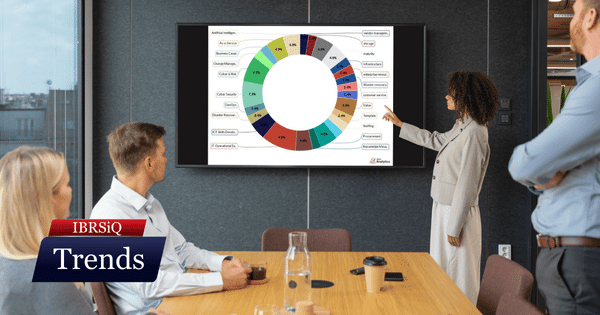The Broader Competitive Landscape
Workday’s acquisition of Paradox is part of a wider industry shift, with leading enterprise software providers embedding AI at the core of their HR technology stacks. Notably, competitors like Salesforce (with Einstein) and Microsoft (via Copilot) have made substantial AI investments to enhance their own HR solutions. This intensifying competition is establishing AI as a fundamental requirement in human capital management (HCM), not merely an optional add-on. Workday’s focus on conversational AI underscores a broader trend: natural language interfaces are rapidly becoming central to enterprise platforms.
Why it Matters
The integration of Paradox’s conversational AI within Workday’s ecosystem brings multiple implications for organisational HR strategies. Technologically, it signals a deepening commitment to AI-driven automation and improved candidate engagement. Current Workday users may benefit from a more streamlined applicant experience, reducing manual workload for recruitment teams. For organisations managing high-volume hiring, such as those in retail or logistics, automated candidate interactions and FAQs could markedly improve lead qualification and response times, impacting key recruitment metrics.
This acquisition also highlights Workday’s ambition to centralise a broader range of HR functionalities on its platform. While existing recruitment and onboarding modules address much of the talent lifecycle, the addition of a specialised AI layer targets persistent challenges at the initial stages of the candidate journey. For CIOs and HR leaders, this presents both an opportunity to simplify their HR technology stack and a challenge in terms of integrating acquired solutions into established ERP environments. Scrutiny of data flow, customisation, and real-world usability will be essential.
Risks and Mitigation
Despite the promise of AI-driven recruitment, risks must be managed proactively:
- Algorithmic Bias: AI may reinforce existing biases if trained on skewed historical data. Rigorous testing for fairness and transparency is essential.
- Data amd Operational Security and Privacy: Incidents such as the McDonald’s bot data breach (built by Paradox) highlight the critical need for robust data governance and privacy safeguards.
- Erosion of Human Skills: Over-reliance on AI could diminish recruiters’ critical thinking and interpersonal skills. The aim should be human-AI collaboration, not replacement.
- Cyber Security Threats: AI systems can be targeted by sophisticated attacks, including deepfakes and phishing. Additionally the use of third party platforms introduce another element of cyber risk. Ongoing monitoring and strong security protocols are vital.
A comprehensive AI governance framework—covering ethics, privacy, and continuous monitoring—should underpin any deployment.
Who’s Impacted?
- CIOs: Strategic IT planning, system integration, vendor management.
- CHROs: Talent acquisition strategy, candidate experience, HR process efficiency.
- Heads of Talent Acquisition: Automation, pipeline management, tech adoption.
- HR Systems Managers: Implementation, configuration, and maintenance of Workday and integrations.
- Digital Transformation Leaders: Leveraging AI and automation across the employee lifecycle.
- Data/AI Teams: Managing new data streams and ethical AI use.
- Emerging Roles: ‘AI in HR’ specialists and AI ethicists will become increasingly important. HR professionals will need greater data literacy and an adaptive, digital mindset.
Next Steps
- Workday clients:
- Evaluate how the acquired Paradox capabilities will be offered (e.g., native functionality, add-on module) and any associated licensing implications.
- Assess the technical integration roadmap, including data synchronisation and user experience consistency between the core Workday platform and the Paradox component.
- General:
- Request detailed information from your HCM vendors on the ethical AI framework and data privacy considerations surrounding the use of conversational AI in candidate interactions.
- If adopting third party AI platforms undertake the necessary due diligence on cyber security.
- Consider the potential impact of AI on existing recruitment processes and candidate communication strategies within your organisation.
- Create a formal policy and principles to balance AI innovation with prudent risk management to harness the benefits of AI-enabled talent acquisition while safeguarding critical values and capabilities.


